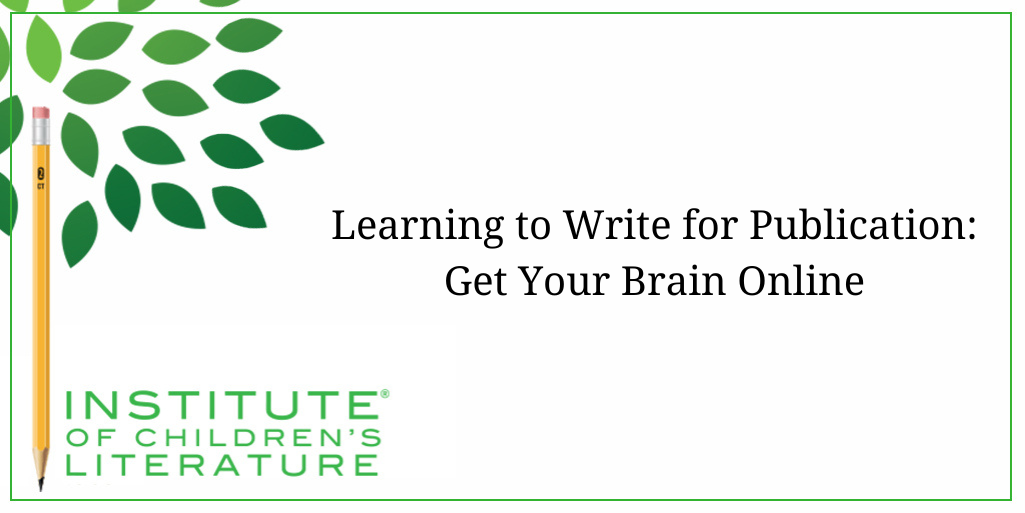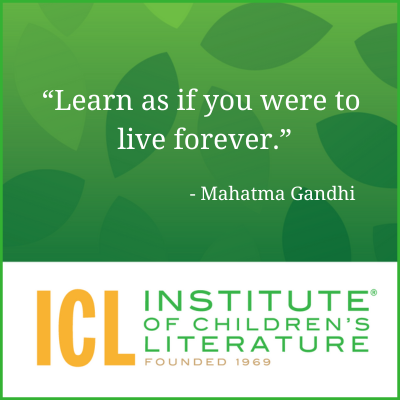
5 Ways Writers Can Prep for 2025 Goal Setting
Before we roll on to the new writing year, let’s harness our optimism for the blank slate before us and prepare for our 2025 Goal Setting just for writers.

Part of learning to write for publication, as with learning anything, is to get your brain on board. Many of us have many things vying for our attention as adults, so it’s worthwhile to think about ways to help yourself concentrate as you give focused attention to improving your writing and learning about the possibilities of publication.
When you’re a working writer, you’ll have deadlines to motivate you and keep you working, but it’s hard to convince yourself to take deadlines seriously when you come up with them yourself.

If, for example, you’re well read in young adult novels, and you feel you connect with that age group, your learning objectives might include building skills that would help you succeed in that area such as improving your dialogue writing, world-building, making setting an integral part of writing, and writing convincing action. Then with your goals broken down, you can look at your best steps for applying whatever learning plan you’re on (workshops, online writing courses, or attending conferences) to best fulfill these objectives.
You might set daily or weekly goals for each of your objectives such as “do dialogue writing exercises” or “re-read my favorite YA books with the goal of understanding how the writer crafted and used action.”
If you work best with imposed deadlines, consider taking a writing course with deadlines for each assignment, such as ICL’s Writing for Children and Teens online writing course.
You can see from the objectives step that knowing what you already bring to the table will help you set objectives where you can best succeed. If, for example, you decide that your overall goal is to write picture books, but you haven’t read a picture book since your kids were young, twenty years ago, then you’re going to be starting with less of a head start since you won’t be bringing any prior knowledge to the experience.

Another helpful element in summer learning is recognizing your own writing style. Some people benefit from hands-on learning, so if that’s you, you’ll want to do lots and lots of writing exercises and warm-ups to get your creativity actively employed in writing. Everything you read or hear will need to be implemented for it to sink in. You’ll also want to take notes as you read and study. Research shows that the process of notetaking, especially writing your notes with pen and paper, helps you learn and retain information.
If you are an auditory learner, you may want to attend face-to-face workshops over learning through buying and reading writing books. And you may want to do your supplemental reading with audiobooks or e-books that you can use with reading apps to so you can hear the instruction.

Remember to look for ways to put your learning style to use to get the best result.
Adapting your writing course, your workshop plan, or even your book buying to work with your goals, objectives, and learning style will help you focus and stay on task with learning. It can be challenging to keep moving forward in skill gain, practice, and research, but it’s time well spent when you’re learning to write for publication. Every successful author is an example of sticking with the process until you reach your goal. Every successful author had a learning curve that required adaptation and commitment. To reach the goals you have in mind will take work, but plenty of people have gone ahead of you and proven that you can get there.
Have faith in yourself and the process. You can do this.
With over 100 books in publication, Jan Fields writes both chapter books for children and mystery novels for adults. She’s also known for a variety of experiences teaching writing, from one session SCBWI events to lengthier Highlights Foundation workshops to these blog posts for the Institute of Children’s Literature. As a former ICL instructor, Jan enjoys equipping writers for success in whatever way she can.

Before we roll on to the new writing year, let’s harness our optimism for the blank slate before us and prepare for our 2025 Goal Setting just for writers.

Writers can be thin-skinned when it comes to getting feedback on their work. Let’s look at 4 ways to positively deal with constructive criticism!

Rejection is part of the territory when it comes to being a writer. Today we offer reflection for writers to help redirect your efforts after a rejection.
1000 N. West Street #1200, Wilmington, DE 19801
© 2024 Direct Learning Systems, Inc. All rights reserved.
1000 N. West Street #1200, Wilmington, DE 19801
© 2024 Direct Learning Systems, Inc. All rights reserved.
1000 N. West Street #1200, Wilmington, DE 19801
© 2024 Direct Learning Systems, Inc. All rights reserved.
1000 N. West Street #1200, Wilmington, DE 19801
© 2024 Direct Learning Systems, Inc. All rights reserved.

1000 N. West Street #1200, Wilmington, DE 19801
© 2025 Direct Learning Systems, Inc. All rights reserved.

1000 N. West Street #1200, Wilmington, DE 19801
©2025 Direct Learning Systems, Inc. All rights reserved. Privacy Policy.
1 Comment